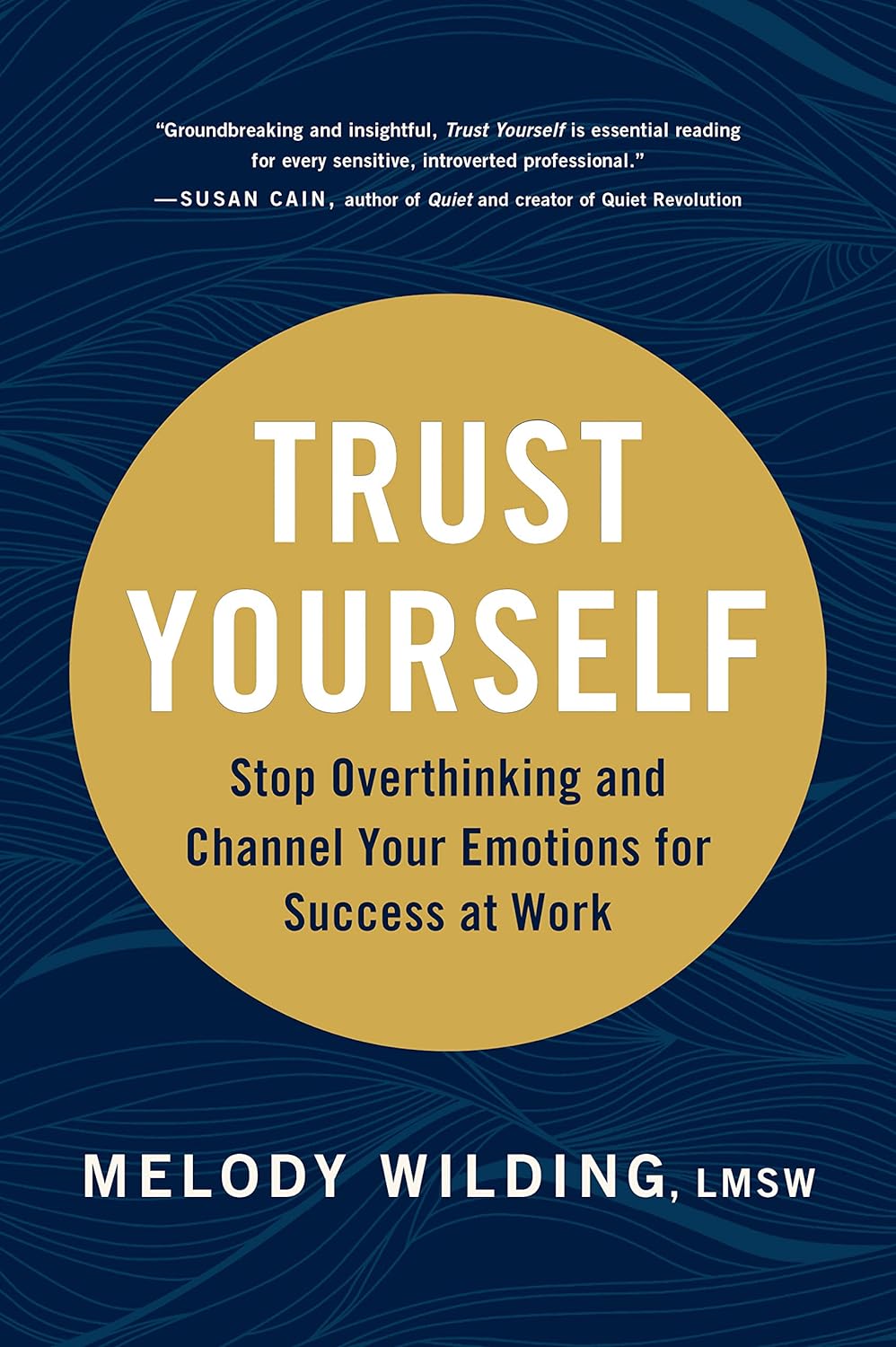
In today’s modern workplace, surrounded by social media and powered by Internet algorithms, it’s not surprising that chronic overthinking is on the rise. Research suggests 73% of 25 to 35-year-olds chronically overthink, along with 52% of people ages 45 to 55, according to data from Forbes.
Our brains are constantly active, but overthinking is a destructive habit that involves analyzing an event, past or future, that makes you become consumed by the thoughts, unable to relax, concentrate, or be productive. Don’t get us wrong, many high-achieving people are overthinkers, but when not managed well, it can become a chronic habit that can affect productivity, happiness, and mental health. It’s not healthy, and many overthinkers are not aware of this habit. Are you an overthinker? Read on to find out.
Signs You Are Overthinking
Develop self-awareness. Here are signs of overthinking you should look out for, according to Very Well Mind.
- An inability to think about anything else
- Being unable to relax
- Constantly feeling worried or anxious
- Fixating on things outside of your control
- Feeling mentally exhausted
- Having a lot of negative thoughts
- Replaying a situation or experience in your mind
- Second-guessing your decisions
- Thinking of all the worst-case scenarios
Because you’re constantly worrying and in your head, the tendency is for you to struggle to make decisions, or you keep second-guessing yourself. When you’re overthinking, your brain won’t shut off and can cause problems like stress, anxiety, and insomnia. We now all know how chronic stress can wreak havoc on our bodies, and we are simply having none of that.
(READ MORE: Breaking stress before it breaks you)

So, how can you stop overthinking? These strategies can help.
Coping Strategies for Overthinking
- Take a deep breath and step back.
Once the ceaseless flow of thoughts start, learn to step back and say, “Okay, I am overthinking this.” Self-awareness is key to stopping overthinking before it spirals into stress and overwhelm.
- Find a distraction.
Once you recognize the sign, simply do something else, something that relaxes you or you can do mindlessly. Easy distractions include cooking, working out, painting, or simply reading some pages of a book you like. Immediately, you stop the overthinking dead in its tracks.
- Look at the bigger picture.
Easier said than done, we know. But try this, just for a minute. Ask yourself, how will this issue or event affect you 5 or 10 years from now? Let go of the minor issues.
- Meditate.
Meditation can help quiet your mind, and make those buzzing thoughts go away. The great news? There are many types of meditation you can try and all you need is a few minutes.
(READ MORE: Types of Easy Meditation Practices You Can Try)

- Check out this book: Trust Yourself: Stop Overthinking and Channel Your Emotions for Success at Work
Speaking of books, there are many helpful references out there primarily geared towards overthinkers.
Human behavior expert and executive coach Melody Wilding’s book addresses the pain points of what she calls sensitive strivers.
Sensitive strivers are those high-achieving individuals who are more attuned to their emotions, their environment, and the behavior of people around them. Sensitive strivers, according to Wilding, are usually overthinkers.
In her book, she outlined some helpful coping strategies to end overthinking.
Naming and Reframing It. Wilding advises to name the unhelpful thoughts and reframe them. This will help you improve your perspective and point towards more constructive ways to interpret events. However, she cautions that one should not strive to achieve balance in one’s thoughts. It’s next to impossible. Instead, the goal is to slow down, and add nuance to how you’re seeing or interpreting the event.
She writes, “Instead, you’re gently reminding yourself to be fair, open, and curious versus critical and judgmental.”
Cognitive Distortions. Wilding writes about cognitive distortions, or negative self-talk, which largely drives overthinking. She says, “Cognitive distortions are difficult to recognize because they can be a lot like white noise, you get used to it you don’t even realize they’re in the background.”
Types of cognitive distortions. In the book, the author identifies many types of cognitive distortions, and suggests ways on how to reframe them. Some examples include:
All or Nothing Thinking
You: See situations and yourself in terms of absolutes, without room for middle ground.
Sounds like: If I don’t get this right, I’m a complete failure.
Reframe by: Look for nuance in situations. When your mind presents only two forks in the road, slow down and ask if you might be missing some options.
Sounds like: I had some wonderful wins this week and some setbacks that were difficult.
She goes to describe other kinds of cognitive distortions, such as overgeneralizing, filtering, catastrophizing, and jumping to conclusions, and suggests ways to reframe them.

- Let go of the past
Dwelling on the past is a heavy baggage you must learn to let go of. Focusing on the past will bring about stress. When this happens, practice mindfulness and focus your mind on the present. Ask yourself what you need physically and emotionally in the present moment.
- Be grateful.
Lastly, learn to practice gratefulness. We cannot avoid stress and uncertainty in life. But we can always find the silver linings. Journaling is very helpful in this area. The simple practice of writing down things you’re grateful for everyday can help by leaps and bounds.
(READ MORE: The 5 benefits of journaling)
To curb overthinking, the first step is admitting this habit and recognizing you need help. Don’t forget to tell your friends and family, a support system is important. Just remember that overthinking is normal and common and that through simple strategies, you can prevent it or soften the habit. It might not completely go away, and that’s okay. Overthinking doesn’t have to hold you back from living your best life.
Tags
References:
Shape: How to Stop Overthinking
Trust Yourself: Stop Overthinking and Channel Your Emotions for Success at Work by Melody Wilding
Tips: Forbes.com
Verywellmind: How to Know When You’re Overthinking
Health Cleveland: https://health.clevelandclinic.org/how-to-stop-overthinking



0 Comments